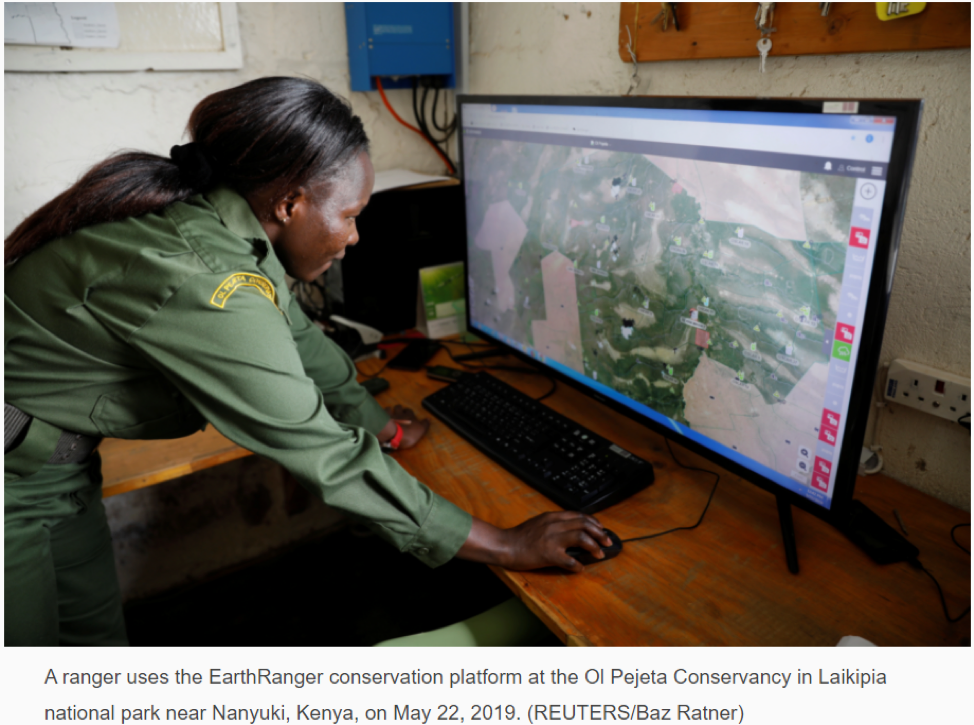Even as the world’s leading militaries race to adopt artificial intelligence in anticipation of future great power war, security forces in one of the world’s most conflict-prone regions are opting for a more measured approach. In Africa, AI is gradually making its way into technologies such as advanced surveillance systems and combat drones, which are being deployed to fight organized crime, extremist groups, and violent insurgencies. Though the long-term potential for AI to impact military operations in Africa is undeniable, AI’s impact on organized violence has so far been limited. These limits reflect both the novelty and constraints of existing AI-enabled technology.
Artificial intelligence (AI), at its most basic, leverages computing power “to simulate the behavior of humans that requires intelligence.” Artificial intelligence is not a military technology like a gun or a tank. It is rather, as the University of Pennsylvania’s Mark Horowitz argues, “a general-purpose technology with a multitude of applications,” like the internal combustion engine, electricity, or the internet. And as AI applications proliferate to military uses, it threatens to change the nature of warfare. According to the ICRC, “AI and machine-learning systems could have profound implications for the role of humans in armed conflict, especially in relation to: increasing autonomy of weapon systems and other unmanned systems; new forms of cyber and information warfare; and, more broadly, the nature of decision-making.”
In at least two respects, AI is already affecting the dynamics of armed conflict and violence in Africa. First, AI-driven surveillance and “smart” policing platforms are being used to respond to attacks by violent extremist groups and organized criminal networks. Second, the development of AI-powered drones is beginning to influence combat operations and battlefield tactics.
The original article was posted at Brookings Institute.
The Boston Global Forum (BGF), in collaboration with the United Nations Centennial Initiative, released a major work entitled Remaking the World – Toward an Age of Global Enlightenment. More than twenty distinguished leaders, scholars, analysts, and thinkers put forth unprecedented approaches to the challenges before us. These include President of the European Commission Ursula von der Leyen, Governor Michael Dukakis, Father of Internet Vint Cerf, Former Secretary of Defense Ash Carter, Harvard University Professors Joseph Nye and Thomas Patterson, MIT Professors Nazli Choucri and Alex ‘Sandy’ Pentland, and European Parliament Vice President Eva Kaili. The BGF introduced core concepts shaping pathbreaking international initiatives, notably, the Social Contract for the AI Age, an AI International Accord, the Global Alliance for Digital Governance, the AI World Society (AIWS) Ecosystem, and AIWS City.











